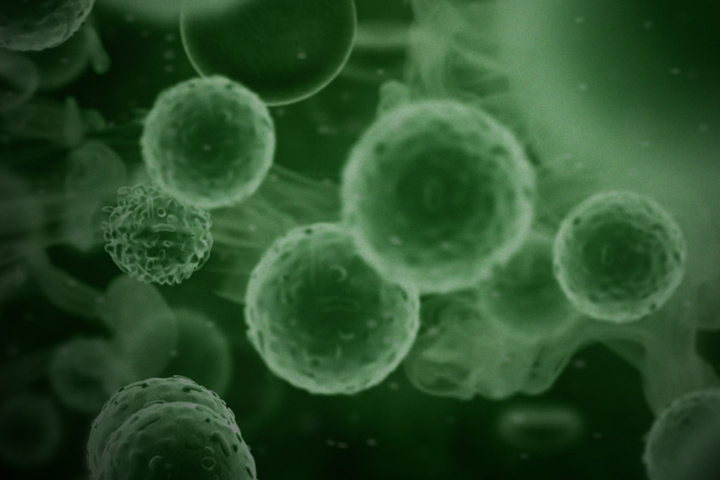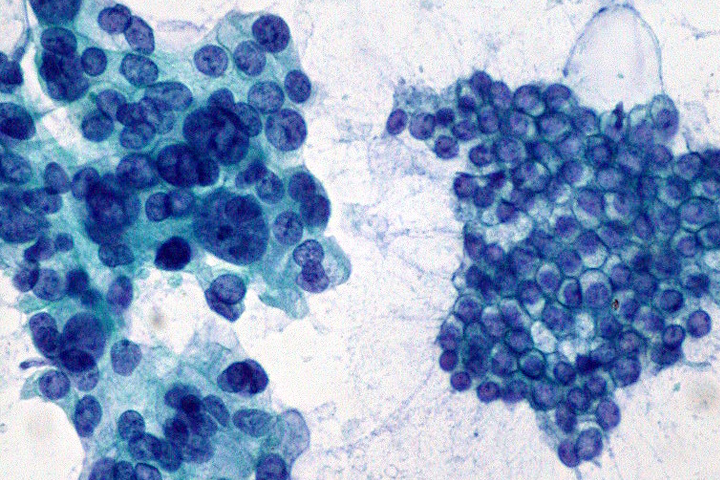Combining Gene Therapy with Current First-line Treatments for Metastatic Pancreatic Cancer

The technique known as gene therapy uses genes to treat cancer.
In one clinical trial, standard chemotherapy is combined with gene therapy as a treatment for metastatic pancreatic cancer.
Gene Therapy for Pancreatic Cancer
The p53 gene is a tumor suppressor gene—it stops the formation of tumors. In most cancers p53 has mutated and lost its ability to function. The experimental treatment in this trial replaces the mutated DNA with p53 DNA that is working correctly. The DNA is delivered directly to tumor cells, to stop the formation of more tumor cells.
Standard Chemotherapy
Gemcitabine given with nab-paclitaxel is a first-line regimen—the first therapy given for a disease—for metastatic pancreatic cancer. Gemcitabine has been a standard treatment for advanced or metastasized pancreatic cancer patients who cannot have surgery or who have had other chemotherapy. When this drug is given, the body converts it into two products. One reduces the number of proteins available to make DNA; the other gets incorporated into DNA and shortens the strands, causing cell death. Gemcitabine has been available for use since 1996. Nab-paclitaxel inhibits cell division and promotes cell death. The combination gemcitabine/nab-paclitaxel was approved in 2013.
Researchers are testing to see if the combination of properly functioning tumor suppressors delivered through gene therapy and drugs that damage tumor DNA will promote cell death and slow or stop the spread of cancer.
We encourage you to consult your physician for clinical trials that may be right for you. The website ClinicalTrials.gov provides more details about this trial as well as many others. You can also visit the Let’s Win Trial Finder for a listing of all active pancreatic cancer clinical trials.





